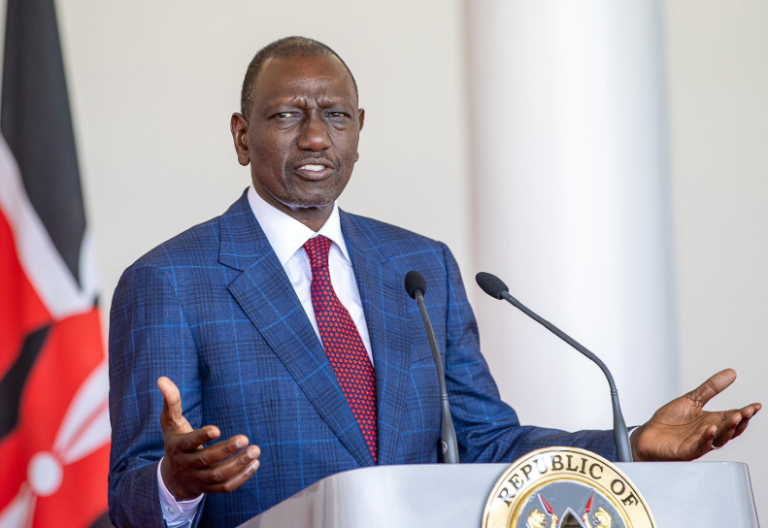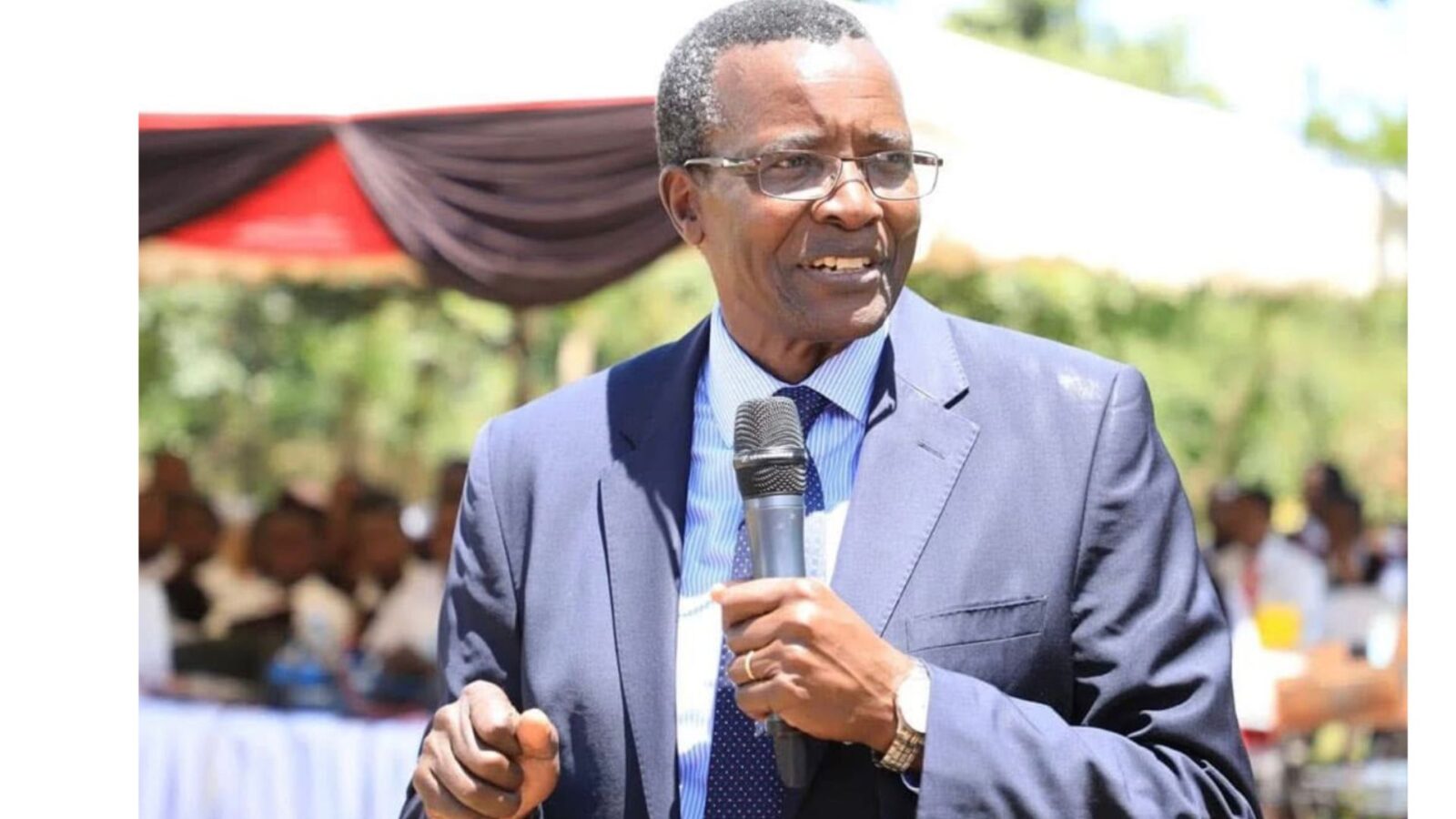Kenya has taken a bold step towards tightening its financial laws after President William Ruto signed the Anti-Money Laundering and Combating of Terrorism Financing Laws (Amendment) Bill, 2025 into law.
The signing took place in 17 June 2025, marking a significant shift in the country’s efforts to fight corruption, terrorism financing, and illicit financial flows.
The new law introduces sweeping reforms designed to close loopholes that have previously enabled money laundering and suspicious financial transactions.
Among the key changes are stricter regulations on financial institutions, enhanced oversight by regulatory bodies, and expanded reporting requirements for unusual or suspicious transactions. The law also imposes tougher penalties for non-compliance.
Releasing a statement shortly after assenting to the law, President Ruto reaffirmed his government’s determination to uphold transparency and financial accountability in Kenya.
“The signing of the Anti-Money Laundering and Combating of Terrorism Financing Laws (Amendment) Bill, 2025, reinforces this vision by sealing gaps that facilitate illicit financial flows via property transactions and the use of shell companies,” Ruto posted on his official X platform.
The Bill was originally passed by Parliament in April 2025 but was returned by the President with proposed amendments. One of the contested clauses was Clause 3(2), which sought to limit the tenure of the principal officeholder at the Financial Reporting Centre (FRC) to a non-renewable six-year term.
President Ruto raised concerns that the clause was in conflict with Kenya’s constitutional framework for independent offices. He argued that such a tenure could extend up to 10 years, violating the constitutional cap of eight years.
To address the issue, the President recommended the inclusion of a transitional clause, clarifying that any current officeholder appointed under Section 25 of the Proceeds of Crime and Anti-Money Laundering Act would continue to serve based on the terms that applied when they were first appointed.
The newly enacted law enhances the powers of the Financial Reporting Centre (FRC) and strengthens collaboration between various agencies to detect and respond to suspicious financial activities.
It brings several sectors under stricter oversight, including betting firms, SACCOs, estate agents, jewel dealers, landlords, retirement schemes, certified public secretaries, accountants, and NGO managers. These groups are now required to comply fully with financial reporting obligations or face severe penalties.
National Assembly Majority Leader Kimani Ichung’wah lauded the passage of the Bill, warning that Kenya’s inaction would have continued to attract negative international attention.
“This is a critical step toward restoring investor confidence and achieving greater economic stability,” he stated.
The legislation is also a direct response to Kenya’s placement on the Financial Action Task Force (FATF) grey list in February 2024. This designation indicated that Kenya had serious deficiencies in its systems for fighting money laundering and terrorism financing. Being on the grey list raised doubts about the country’s ability to attract foreign investment and maintain economic credibility.
To regain global trust, Kenya has been working closely with the Eastern and Southern Africa Anti-Money Laundering Group (ESAAMLG), and this law represents a key milestone in aligning the country’s legal framework with international standards.
The law also emphasizes the importance of financial integrity in promoting good governance, strengthening social protection systems, and guiding equitable revenue allocation across the country.
With these new reforms, Kenya is expected to improve its international standing, attract foreign investment, and curb financial crimes that have long undermined development.












